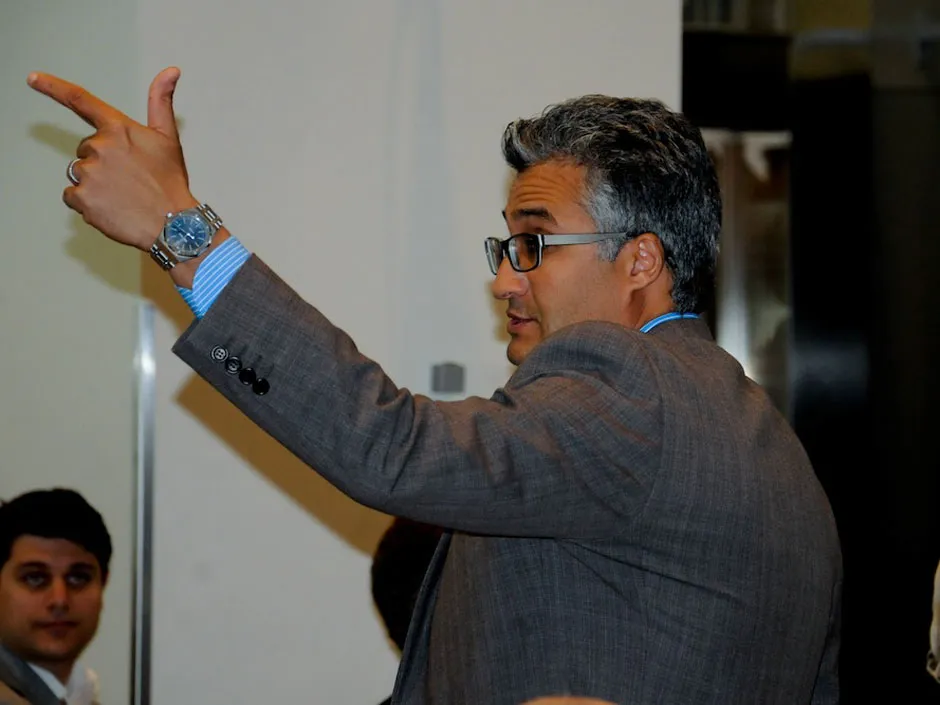Communication is key for effective leadership. Leadership isn’t just about making goals and setting decisions, it’s also about connecting with other people. The ability to communicate is the foundation of any influential leader. This skill shapes their motivation, guidance, and inspiration for those they lead. Communication is one of the most important skills leaders can have in today’s noisy world.
A leader who is good at communicating has the unique ability to communicate their vision and make it resonate with their team. Leaders who excel at communication don’t simply speak, they listen and understand their audiences, then adapt their messages accordingly. A two-way conversation builds trust, and makes followers feel like they belong. It is important to remember Reza Satchu Family that the power of communication comes not from the words but how you deliver them and the feelings they evoke in others.
Leaders who are influential know that communication is more than just the spoken word. The nonverbal communication of body language, tones, and facial gestures can be more effective than the spoken word. It is essential for leaders to be able read these signals and know how to respond. A leader who is able understand what’s being said as well as what’s being left unsaid can handle complex interpersonal dynamics easily.
Leaders who are great understand that communication is a process which continues, and it’s not just a single event. This is about creating a feedback-free environment. Leaders who actively listen to others show that they value their perspectives. This fosters an environment of innovation and collaboration. Open and transparent communication by leaders creates a culture where the members of a team feel respected, heard and empowered.
A great communicator knows when and how difficult messages should be delivered. An effective leader is always able to communicate clearly and with empathy. It is important to consider the timing and tone of your message, as well as how you present it. Leaders with this ability ensure their message inspires growth instead of demoralizing.
The digital age has expanded communication beyond the face-to-face. Leaders should also have a good grasp of written and virtual communication. They must adapt their style according to the platform. Whether they’re crafting an interesting email, leading video conferences, or posting social media posts, leaders with excellent communication skills know how technology can be leveraged to reach their audience.
In the end, effective communication is at the core of leadership. Leaders use communication to build trust, motivate others, and create powerful relationships. Communication is not perfection. It is about clarity, authenticity and being able to relate on a more personal level. By investing in their communication abilities, leaders set themselves and the people that they lead up for success.








